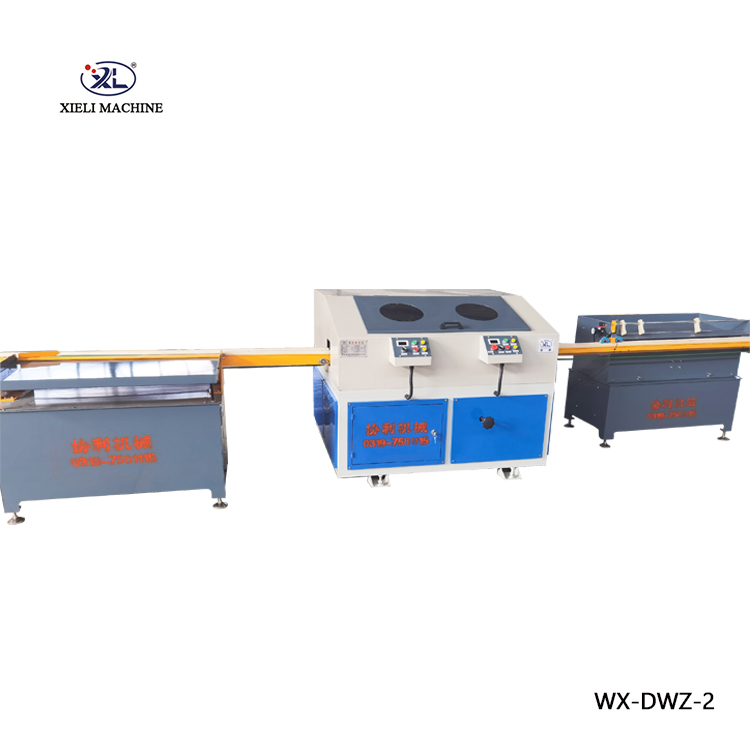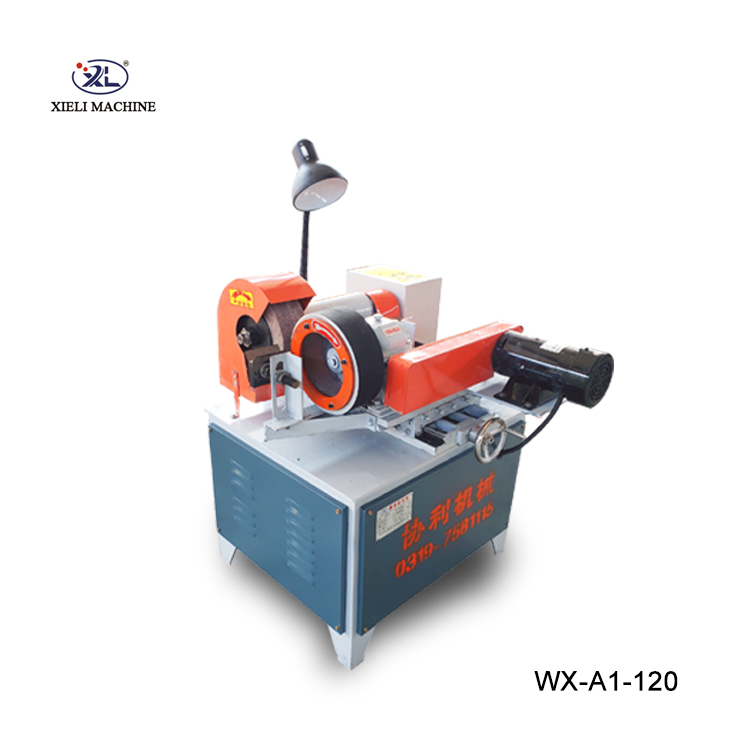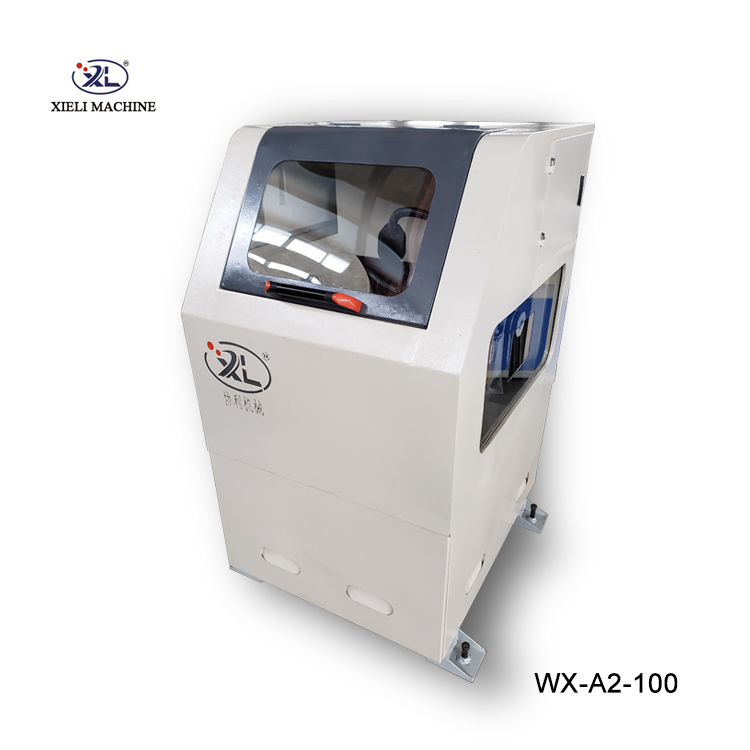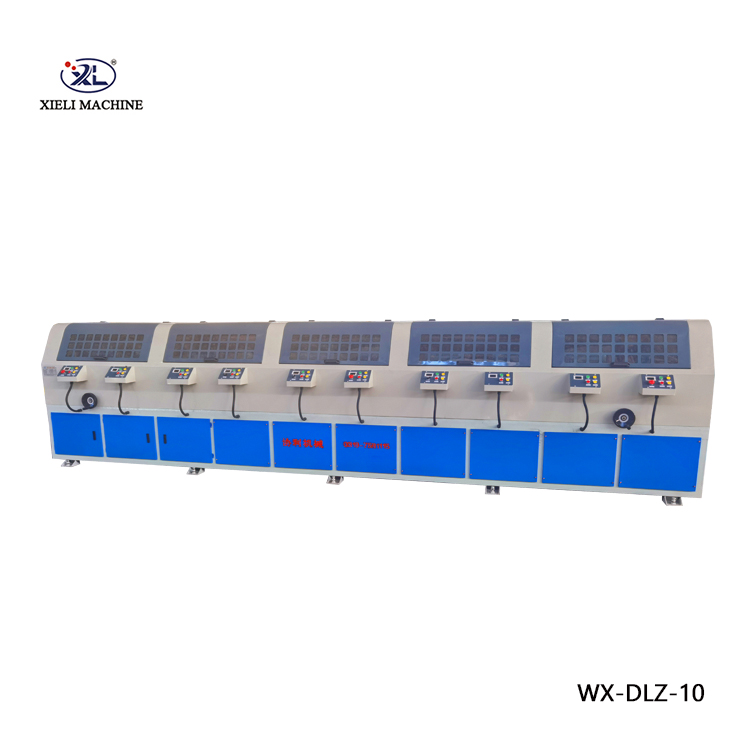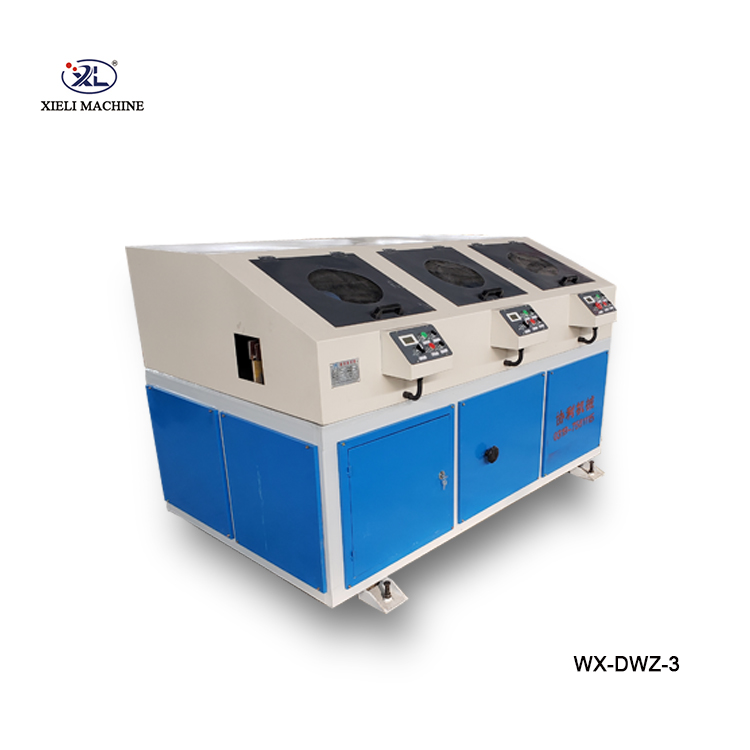In industrial production lines where high surface quality, precision, and aesthetic consistency are paramount, polishing and buffing machinery becomes indispensable. From sports equipment to heavy-duty piping systems, industries depend on specialized machines to deliver refined finishes, remove imperfections, and meet exacting standards. Among the most efficient tools for such tasks are ball polishing machines and pipe buffing machines, engineered to offer rapid and consistent surface treatment across a range of materials. Whether working with delicate billiard balls or robust metal pipes, investing in these machines streamlines production and elevates product value.
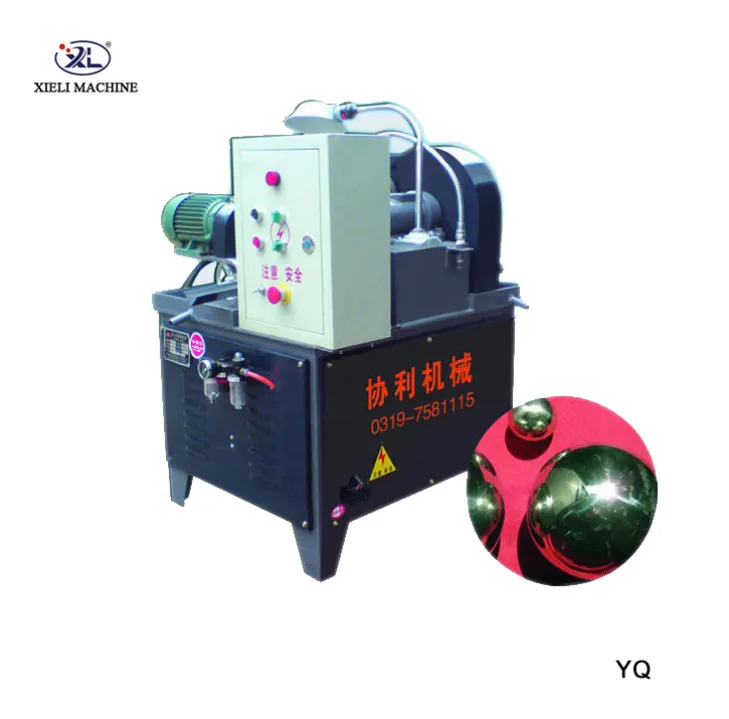
High-Gloss Results Achieved by Industrial Ball Polishing Machine Systems
Within sports equipment manufacturing, the ball polishing machine plays a vital role in ensuring each ball meets specifications in terms of symmetry, smoothness, and luster. These machines are tailored to polish balls made of resin, phenolic, or other composites used in various ball sports. Precision motors and adjustable pressure systems allow for uniform contact with the polishing cloth or pad, eliminating uneven wear. In mass production facilities, the ball polishing machine significantly reduces manual labor, minimizes defects, and guarantees repeatability—factors that are crucial for both quality assurance and brand reputation in competitive markets.
Seamless Workflow Integration with the Pool Ball Polisher Machine in Production Lines
When producing recreational or professional pool accessories, the pool ball polisher machine introduces efficiency through automation and durability. It integrates effortlessly into a standard finishing line, offering programmable cycles that cater to different polishing needs. Instead of relying on hand-polishing, operators can feed batches into the pool ball polisher machine, confident in its ability to maintain uniformity in gloss and roundness. Its stainless-steel chamber and anti-static buffers are ideal for large-scale manufacturing environments where contamination control and high-speed performance are key.
How Billiard Ball Polisher Machine Technology Enhances Output Consistency
Modern factories that supply global billiard markets are increasingly adopting the billiard ball polisher machine for precision-driven polishing demands. With its automated timer settings and temperature-controlled polishing compartments, the billiard ball polisher machine offers refined results that meet professional game standards. Unlike hand-polishing, which varies between workers, this machine delivers a standardized finish—whether you're producing training-grade or tournament-level equipment. Its ergonomic design and low maintenance requirements make it ideal for long production cycles and continuous operation.
Snooker Ball Polishing Machine Applications in High-End Sports Manufacturing
In high-stakes games such as snooker, the smallest surface inconsistency can impact play accuracy. This is where the snooker ball polishing machine becomes indispensable. Its advanced polishing mechanisms provide a scratch-free, reflective finish while preserving exact ball weight and dimension. Leading sports equipment producers utilize the snooker ball polishing machine to create products that comply with international tournament regulations. These machines are often customizable, allowing adjustments for different ball materials or sizes used across regional variants of the game.
Enhanced Metal Surface Finishing with Industrial Pipe Buffing Machine Solutions
Outside the world of sports, polishing equipment finds its place in metallurgy, construction, and plumbing sectors, particularly in the form of the pipe buffing machine. Designed for cylindrical and tubular surfaces, this machine is key to producing smooth, corrosion-resistant, and clean piping systems. It excels in preparing pipes for coating, welding, or cosmetic applications, where surface integrity is essential. The pipe buffing machine is capable of treating stainless steel, copper, and aluminum pipes used in everything from structural frameworks to HVAC systems.
Why Surface Quality Matters in Industrial Pipe and Ball Applications
In both sports and industrial settings, surface finish affects performance, longevity, and compliance. A smooth, uniform finish achieved through polishing prevents corrosion, enhances visual appeal, and improves user experience or end-use efficiency.
How Automated Polishing Improves Output and Reduces Waste
Manual polishing introduces inconsistencies and increases rework rates. Machines like the billiard ball polisher machine and pipe buffing machine use programmable parameters to ensure repeatability, minimize material loss, and reduce operator fatigue.
Industrial Trends Favoring Machine-Based Polishing Solutions
Industries worldwide are shifting toward fully automated polishing solutions. With machines tailored to specific shapes—balls, pipes, or custom parts—factories are able to scale production, reduce costs, and improve safety protocols.
Industrial Polishing Machine FAQs
Q: What materials are compatible with a ball polishing machine in industrial environments?
A: Most machines handle phenolic, resin, and composite materials. Some industrial models may also be modified for glass or coated surfaces.
Q: How does a pool ball polisher machine differ from general ball polishing systems?
A: The pool ball polisher machine is optimized for diameter, weight, and surface properties of pool balls, offering customized polishing routines that general machines may not support.
Q: Is there a standard maintenance schedule for billiard ball polisher machines?
A: Regular maintenance involves cleaning the polishing chamber, checking belts and pads, and inspecting motors—typically on a biweekly or monthly basis depending on use.
Q: Can the snooker ball polishing machine be used for other ball types?
A: Yes, with the right attachments and settings, it can polish similar-sized balls from other games, provided material compatibility is ensured.
Q: What pipe sizes can be handled by a typical pipe buffing machine?
A: Machines vary but most handle pipe diameters from 0.5 to 8 inches, with custom configurations available for specialized industrial applications.

